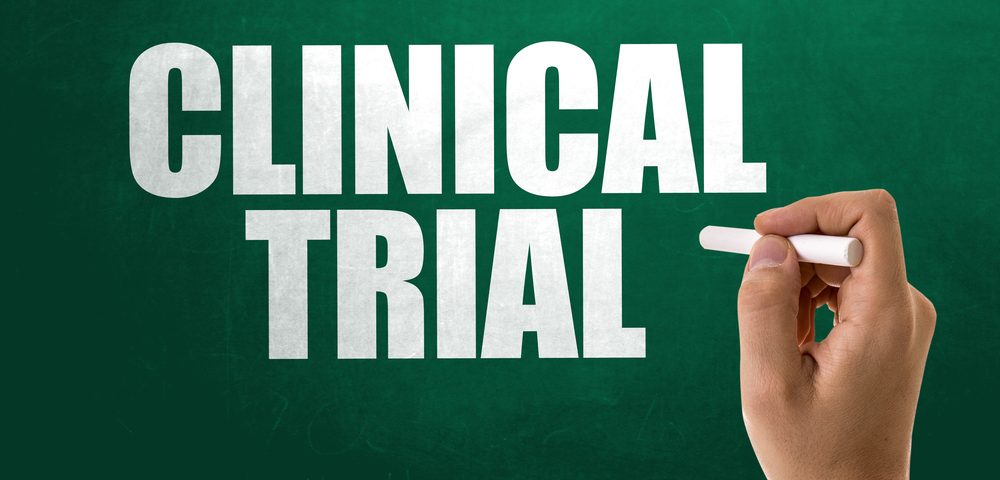A Phase 1/2 trial testing the advanced tumors treatment candidate THOR-707 has begun dosing patients in Australia — and has been cleared by the U.S. Food and Drug Administration to enroll participants in the U.S.
Australia is the first country recruiting patients for the global HAMMER trial (NCT04009681), with enrollment ongoing in Perth. Information on contacts can be found here.
Overall, the trial is expected to include approximately 300 adults with advanced or metastatic solid tumors. It is slated for completion by June 2022.
The open-label study is testing the safety, tolerability, pharmacological profile, and anti-tumor activity of both stand-alone THOR-707 and its combination with immune checkpoint inhibitors. These are therapies that block strategies used by cancer cells to evade immune attack.
The trial’s dose escalation parts 1 and 2 are intended to determine the recommended dose for part 3. THOR-707 will be given by intravenous administration in increasing doses every two weeks in part 1, and every three weeks in part 2.
Then, in part 3, it will be given alone or in combination with an immune checkpoint inhibitor in select populations of advanced or metastatic solid tumors. The goal in part 3 is to continue studying the treatment’s safety and effectiveness.
Among HAMMER’s efficacy measures, the scientists will analyze duration of response, time without cancer progression, overall survival, time to response, and the objective response rate, which refers to the proportion of patients with reduced tumor size.
THOR-707, developed by Synthorx, is a recombinant interleukin-2 (IL-2), a signaling molecule made by immune T-cells, a type of lymphocyte. Specifically, the treatment candidate is pegylated — meaning that it a has polyethylene glycol attached to a specific site — to block the binding of the high-affinity IL-2 receptor alpha chain while retaining the potent T-cell anti-tumor activity via the receptor’s beta chain. It has an improved safety profile.
As seen in preclinical studies, the prevented binding of the alpha chain enables the expansion of CD8+ T-cells — a subset linked with favorable cancer prognosis — but not of immune-suppressive CD4+ T-cells. It also avoids the activation of non-lymphoid cells that may induce vascular leak syndrome (VLS).
This disorder, a potential side effect of immunotherapy, is characterized by increased blood vessel permeability, leakage of fluids and proteins, swelling, and organ damage. Researchers note that VLS has been observed after use of Proleukin (aldesleukin, by Prometheus), also a recombinant IL-2.
The pegylation also boosts the pharmacokinetic properties of THOR-707 — its absorption, distribution, metabolism, and excretion – including how long it lasts in the body.
“Taken together, the favorable pre-clinical attributes of THOR-707 suggest that this may provide a differentiated product with clinically meaningful anti-tumor activity, minimal regulatory T cell-driven immunosuppression and convenient dosing schedules for patients,” Laura Shawver, PhD, Synthorx’s president and CEO, said in a press release.
THOR-707 is the first product designed — and to enter the clinic — with Synthorx’s Expanded Genetic Alphabet platform technology. This technology enables the site-specific incorporation of novel amino acids — the building blocks of proteins — to improve the pharmacological properties of therapies such as IL-2.


